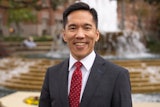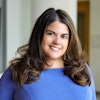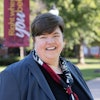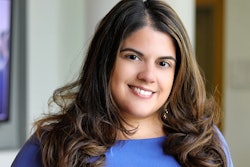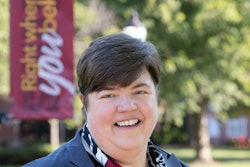A new study reveals a concerning decline in academic freedom across U.S. higher education, with more than one-third of faculty members reporting increased constraints on their ability to teach, conduct research, and speak freely compared to six or seven years ago.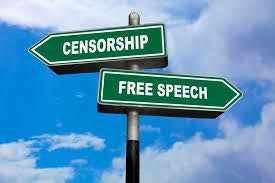
The national survey, conducted by the American Association of Colleges and Universities (AAC&U) in partnership with the American Association of University Professors, found that 35% of faculty say they have less freedom to teach content without interference, while 36% report reduced freedom to speak as citizens. The study, which gathered responses from over 8,000 faculty members across public and private institutions, is one of the largest examinations of academic freedom in decades.
The findings highlight growing pressures from multiple directions. More than half of respondents (53%) worry about becoming targets of online harassment, and similar numbers report altering their language to avoid controversy. Faculty in states that have passed restrictive legislation on "divisive concepts" are significantly more likely to consider seeking employment elsewhere, with 16% actively looking to change institutions compared to 10% in states without such laws.
The study found that 40.7% of faculty believe their institution's administration is under increased pressure from trustees or regents to avoid negative publicity, while 38.6% note similar pressure from state legislatures. Additionally, more than half of faculty (52%) have altered their writing to avoid controversy, and many refrain from using terms they believe might be perceived as offensive by students (62%), administrators (57%), or other faculty members (57%).
The survey revealed concerning patterns of self-censorship, with about one-third of faculty feeling at least occasionally restricted in what they can say on social media or in faculty and department meetings. Approximately one-quarter report feeling limited in the content they can choose for their courses.
Despite these challenges, the survey found strong faculty support for open dialogue and diverse viewpoints in the classroom. Over 90% believe faculty should intentionally invite perspectives from all sides of an issue, and 70% say the level of respectful disagreement among their students is appropriate. More than half (53%) believe classroom discussion of controversial topics should be encouraged due to its educational value.
The research showed significant variations based on state legislative contexts. Faculty working in states with passed legislation restricting "divisive concepts" reported higher levels of concern and self-censorship. These faculty members were also more likely to report discussing such legislation "often" (19.8%) compared to colleagues in states where similar legislation had only been introduced or not introduced at all.
"The results provide the most compelling evidence yet of the significant and alarming erosion of academic freedom across American higher education," said AAC&U President Dr. Lynn Pasquerella. She emphasized that the findings "should serve as a wake-up call" given higher education's vital role in supporting democracy and driving innovation.
The study reveals particular concerns among faculty with less institutional security. Those without tenure or in more precarious positions reported feeling significantly more restricted in expressing views or engaging in controversial topics. This disparity highlights the intersection of academic freedom with institutional power structures and job security.
Dr. Ashley Finley, Vice President for Research at AAC&U and co-author of the report, emphasized the need for both reflection and action. "Though colleges and universities may lack influence over legislative actions, there is much collective power in their ability to address faculty mental health, encourage respectful discourse within and beyond the classroom, and invite thoughtful debate about the meaning and applications of academic freedom within institutions."
The research marks the first major study of its kind since Paul Lazarsfeld's groundbreaking work during the McCarthy era, providing crucial data on how current political polarization and legislative restrictions are affecting academic freedom and classroom discourse in American higher education. As institutions grapple with these challenges, the report's authors recommend finding ways to support faculty mental health while maintaining commitments to academic freedom and civil discourse, arguing that higher education's ability to serve its public purpose depends on protecting the "free search for truth and its free exposition."
The study's timing is particularly relevant given the current national debate over free speech and academic freedom on college campuses, offering concrete data to inform policy discussions and institutional responses to these challenges.
